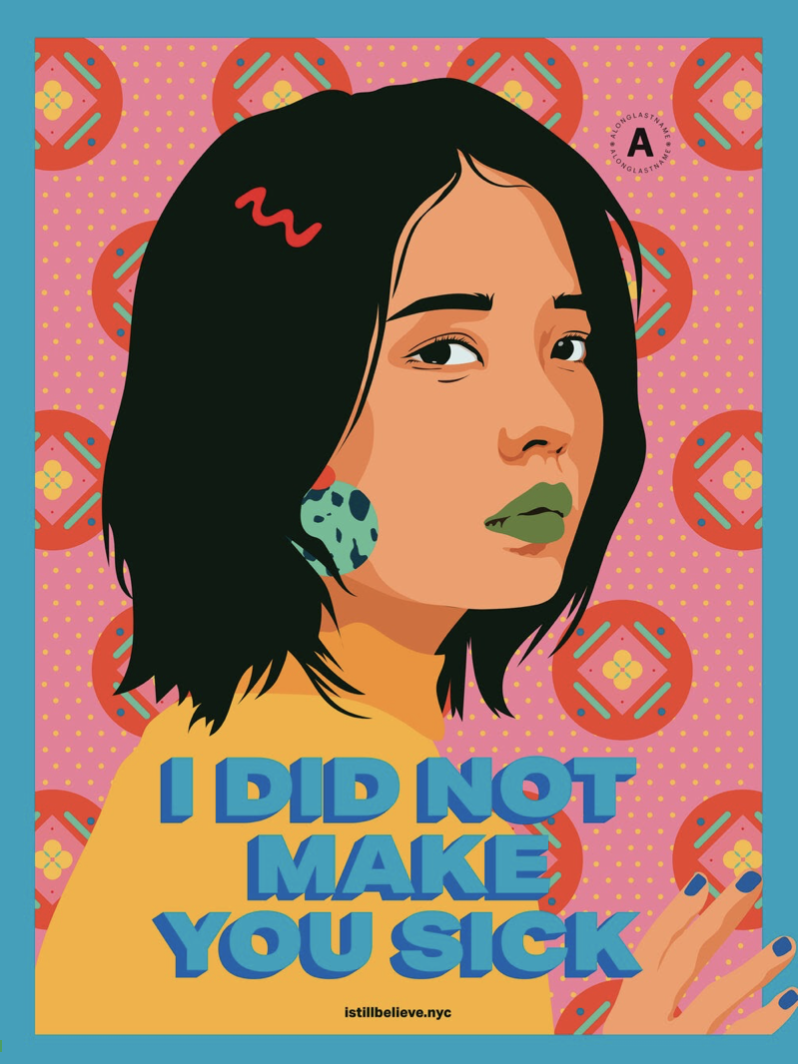Sahiyo stands in solidarity with Asian communities and individuals who have been experiencing racism and hate crimes. We are an organization born from working with and supporting Asian communities. This violence concerns everyone and is of utmost importance to us, due to our proximity and connection to these communities. Sahiyo condemns the recent violence and rhetoric, along with the othering and oppressions Asians have faced in the United States since arriving.
Over the course of the coronavirus pandemic, there has been a surge of hateful rhetoric and racist violence against the AAPI (Asian American/Pacific Islander) communities in the United States. By mid-March, the Stop AAPI Hate National Report logged over 3800 violent attacks toward Asian Americans, mostly women (68%). Attacks also targeted elderly people, and this abuse is unacceptable but unfortunately, not new, as evidenced here and here.
The United States has a long history of oppressing and dehumanizing Asian Americans, from Chinese indentured labor to Japanese internment camps to the fetishization and Orientalism Asian women experience. This thoughtful opinion piece explains racism toward Asians in the United States, and what it says about our country. Take a moment to educate yourself about current and past harmful tropes forced on Asians and the context of anti-Asian racism in this country.
This toolkit, as well as this one, aim to equip us all with the education and resources we need to Stop Asian Hate.
It is also key to recognize this racialized othering for what it is–twisted with misogyny and leaving women concerned for their public safety. The racist attacks in Georgia, as well as other recent violent moments are filled with racism, but also sexism. Asian women find themselves in the frightening crosshairs of both forms of oppression. Thankfully, there are resources meant to support and protect Asian women.
You can also check out powerful zine, Asian American Feminist Antibodies {care in the time of coronavirus}, a collaboration between the Asian American Feminist Collective and Bluestockings Bookstore, to hear Asian feminist voices speaking out.
Trauma is inherited, and the suffering of some in the AAPI community can take a toll on all members. If you are struggling, check out this site focusing on AAPI mental health resources.
What can you do?
- Call out ignorant jokes, hateful or micro-aggressive comments when you hear them.
- Learn how to interfere when you witness Asian-hate. This link contains a variety of options to register for Bystander Intervention to Stop Anti-Asian/American Harassment and Xenophobia workshops and training.
- Report any hate incidences you encounter here.
- Visit your local AAPI businesses. Restaurants, shops and other establishments have been hit economically in this wave of racism, so you can put your money into these businesses to support them and let them know they are valued and wanted in your community.
- Donate.
Cover image credit: One of Amanda Phingbodhipakkiya’s panels for the “I Still Believe in Our City” public art series.

